Summary
Discover the world of Pakistani spice wholesale suppliers and why they’re trusted worldwide for authentic, flavorful, and quality bulk spices. Learn how to choose the best supplier, what makes Pakistani spices special, and get practical tips for your business.
Introduction
When you hear “Pakistan,” you might think of rich culture, vibrant bazaars, and—most of all—flavorful, aromatic spices. Pakistani spice wholesale suppliers play a huge role in bringing these traditional tastes to kitchens, restaurants, and food businesses around the world. Whether you’re a retailer, restaurateur, or importer, knowing how to source authentic Pakistani spices in bulk can make all the difference.
Overview of the Spice Wholesale Market in Pakistan
Pakistan is a powerhouse in spice production, thanks to its fertile lands and ideal climate. Cities like Karachi, Lahore, Multan, and Peshawar are famous for bustling spice markets and wholesale hubs.
Popular Pakistani spices include:
- Red chili powder (Lal Mirch)
- Turmeric (Haldi)
- Coriander seeds (Dhaniya)
- Cumin (Zeera)
- Black pepper (Kali Mirch)
- Cloves, cardamom, cinnamon, and more
These spices are not only used locally but are exported worldwide, making Pakistan a competitive player in the global spice trade.
Why Work with Pakistani Spice Wholesale Suppliers
When you choose Pakistani spice wholesale suppliers, you’re investing in:
- Authenticity: Direct access to traditional spice varieties known for strong aroma and taste.
- Competitive pricing: Lower costs thanks to local sourcing and large-scale production.
- High quality: Many suppliers follow strict quality checks and hygiene standards.
- Export expertise: Suppliers often have ready systems for documentation, packaging, and shipping internationally.
How to Choose the Best Pakistani Spice Wholesale Supplier
It’s tempting to go with the first supplier offering a great deal—but quality and reliability matter most. Here’s what to check:
Certifications & Standards
Look for certifications like:
Supply Capacity & Consistency
Ensure they can meet your volume needs consistently, especially if you’re planning to expand.
Reviews & References
Ask for references, check online reviews, and see if they work with known clients.
Packaging & Labelling
Proper packaging preserves freshness. Ask about customizable packaging if you’re reselling under your own brand.
Benefits of Buying Spices Wholesale
Buying wholesale isn’t just about saving money (though that’s a big plus). You’ll also enjoy:
- Lower cost per unit: Essential for retail and food businesses.
- Better freshness: Bulk shipments are usually processed and packed more recently.
- Wide variety: You can stock up on multiple spices and spice blends.
- Branding opportunity: Many suppliers offer private labelling.
Quick Comparison of Top Benefits
| Benefit | Why It Matters |
|---|---|
| Competitive Pricing | Lower costs, higher profit margins |
| Authenticity | Genuine taste & aroma your customers expect |
| Export Capabilities | Smooth international shipping & compliance |
| Custom Packaging | Sell under your own brand or style |
| Quality Assurance | Certifications for health, safety, and halal |
Challenges & Tips for Importers/Buyers
Even experienced buyers can run into challenges. Here’s what to watch for:
Export Regulations
Understand import/export documentation, duties, and certifications required in your country.
Ensuring Freshness
Ask about the average production-to-shipment time. Spices lose aroma if stored too long.
Build Long-Term Partnerships
A stable relationship can help you get better rates, priority service, and exclusive blends.
Why Pakistani Spices Stand Out Globally
Pakistani spices have a reputation for:
- Bold flavor profiles
- High essential oil content
- Traditional sun-drying & grinding methods
- Sustainable and often small-farm sourcing
This makes them popular in Middle Eastern, European, and North American markets, both for home cooking and restaurant use.
Practical Tips Before You Order
- Request samples: Always test quality before bulk orders.
- Negotiate MOQs: Minimum order quantities can vary.
- Ask about lead times: Especially during busy export seasons.
- Inspect packaging: Choose moisture-proof and export-friendly packaging.
Where to Find Pakistani Spice Wholesale Suppliers
- Karachi’s Jodia Bazaar (one of Asia’s largest spice markets)
- Lahore’s Akbari Mandi
- Online B2B platforms like Alibaba, TradeKey, and Global Sources
- Direct contacts through trade fairs and food expos
Conclusion
Pakistani spice wholesale suppliers offer unmatched value: rich flavors, competitive prices, and genuine tradition. Whether you’re a wholesaler, brand, or restaurateur, sourcing from Pakistan can elevate your product line and impress your customers.
Explore, compare, and build a relationship with a trusted supplier—and watch your spice business flourish with authentic Pakistani taste.
FAQs
Q1: Are Pakistani spice wholesale suppliers reliable?
Yes! Many have years of export experience, international certifications, and established reputations.
Q2: Can I order small quantities first?
Most suppliers offer sample orders or small MOQs so you can test quality.
Q3: Are Pakistani spices organic?
Some suppliers do offer organic-certified options. Always ask about certification.
Q4: Do suppliers handle shipping paperwork?
Most experienced exporters will handle documentation and guide you through import requirements.
Q5: Can I get customized packaging?
Yes, private labelling and custom packaging are common services among wholesale suppliers.
